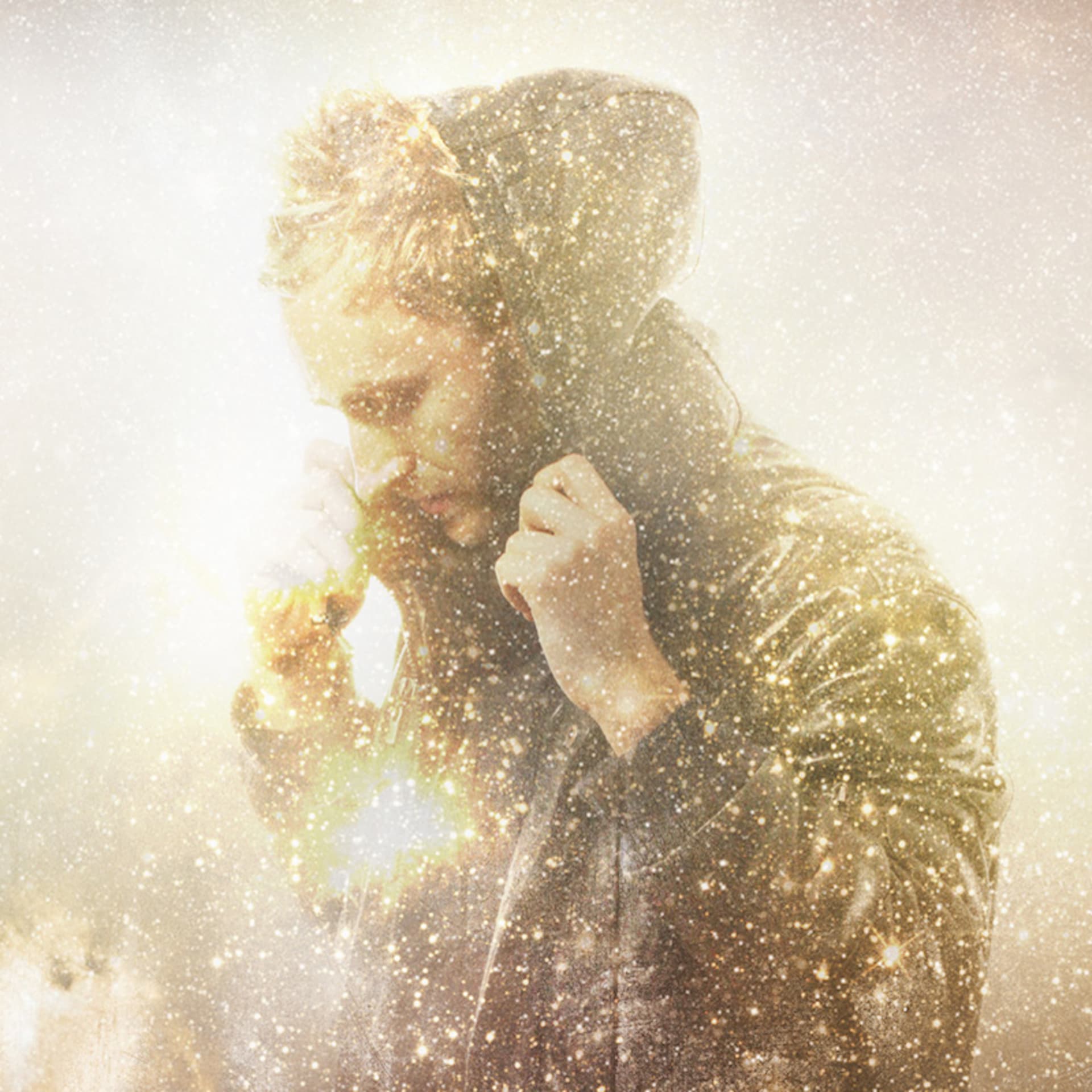
“Hit by a culture shock” Robot Koch on hanging in Berlin
In the first of a series featuring musicians speaking openly about their artistic experience in Berlin, Robot Koch (of Jahcoohzi and Robots Don’t Sleep) wonders if the Berlin party is finally over. The producer first came to the city looking for adventure and found international recognition—first with Mooncircle and BPitch Control, then Sony. He now lives in L.A. Interview by Robert Defcon.
When I first visited the Berlin in 1999, I was hit by a culture shock. There was a myriad of little anarchic clubs, galleries and bars located in backyards, improvised stuff, often illegal, lots to discover. One could and would get lost stumbling from one backyard art event to the next cellar club concert, experiencing cultural abstruseness. I was attracted by its improvised, self-made character. Berlin promised adventure, it was like an open invitation. I moved over from Kassel immediately.
Comparably low living costs were setting the tone. You could easily spend your day hanging out in cafés, talking about making plans. A lot of people still do that today. You could hang out, go party, and the next day you would hang out a little more. It’s not that you are void of ideas, but why put them into action just now? Or tomorrow? And by then it was party time again anyway. But just talking and partying was never my thing, really!
It was about this time that I met Sasha Perrera and Oren Avinash with whom I later founded the band Jahcoozi. Sasha said she was writing lyrics, so I burned some beats onto a CD and Sasha wrote some amazing stuff. We casually met at the studio, test recorded some material but had little intention to form a band yet. That was the particular Berlin charm, everything happened independent of institutions. You didn’t have to subscribe to a ‘project’ straight away, or to a financing plan and a project manager, which would have followed suit.
A lot of the dives we played are closed today. The WMF, our nomadic home base; Der Eimer or Die Waffengalerie, a semi-legal club for self experimentation and play. You would never feel under observation, Facebook, phone cameras and bloggers were still a thing of the future. It was more of an inside job, certain people would know about these venues and did their thing in the dark. Public attention and visibility were not so popular anyway. So everything was free of expectation, ‘let’s see what happens’. Berlin was not bowing to any premise. Berlin clubs were not the sort of tourist institutions that Berghain is today. Venues would be improvised and set up for the twinkle of an eye. And then they were gone and another club opened elsewhere.
With Jahcoozi, we were on tour every weekend. When I started to gradually withdraw from the band in order to focus on my composing work, I was lucky that my solo project turned out to be an international success. It was quite unexpected and thanks to Mary Anne Hobbs and a supportive British and American press, it was also acknowledged in the Low End Theory context here in L.A..
A lot has changed in Berlin since. The spotlight was on the city when the EasyJet in-flight magazine discovered and propagated Berlin as the hippest party and club metropolis there is. Fiddling about in backyards was definitely over. Like that friendly little corner restaurant that suddenly is en vogue and always overcrowded. That restaurant is Berlin.
The increase of tourists and international recognition the city is enjoying now are a good thing insofar, that it finances structural improvement. On the other hand, with the internationally acknowledged fact that Berlin’s parties are the best, there is some sort of expectation of entitlement, which make people raise the question whether Berlin is still cool after all. You do expect to experience your greatest party in Berlin, and this is what the local club life aims to allow for. Outside Bar25 you have Italian tourists waving their hundred Euro bill to be let in. The style has changed. ‘Poor but sexy’, as governing mayor Klaus Wowereit had put it, is Berlin’s tourist industry branding. ‘Creativity’ has become a flowery phrase.
For all those tourists and new Berliners who keep gushing into Berlin, the party is of course not over. Should you be say, a young Spanish dude moving to Berlin now, you will surely find places to party 24/7, and you will love Berlin for it. It could be that something new evolves from there. But not for me. 2013 was the year when everything changed for me: my relationship ended, contracts ended, projects were finished. I did get new offers, but I really wanted to be completely free, I wanted to go somewhere else and start from scratch. Berlin had made me restless. It’s time to start a new experiment. ~
Read our evolving archive of Berlin’s musical history by visiting our Berlin Experiment page.
Published April 30, 2014. Words by robertdefcon.
